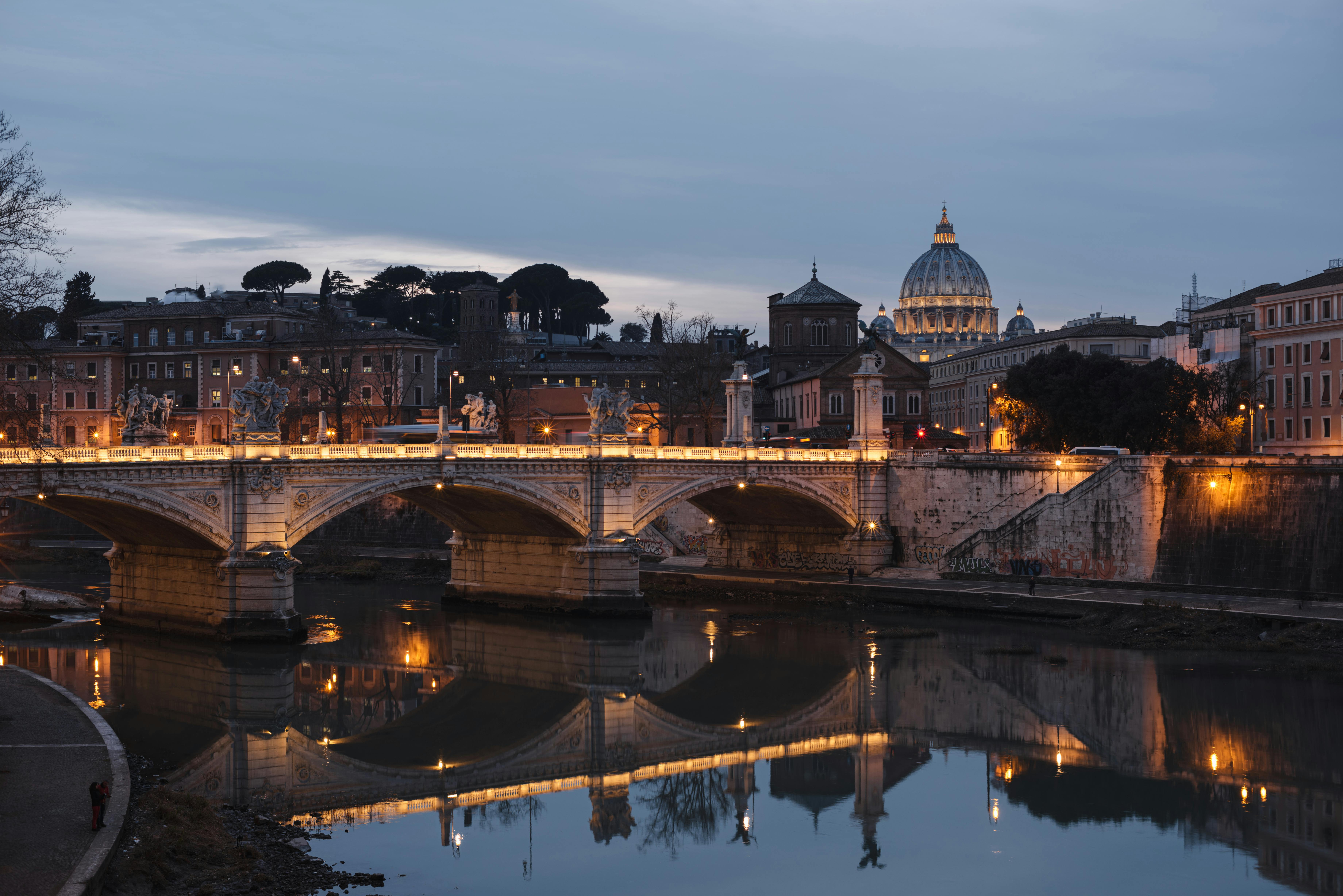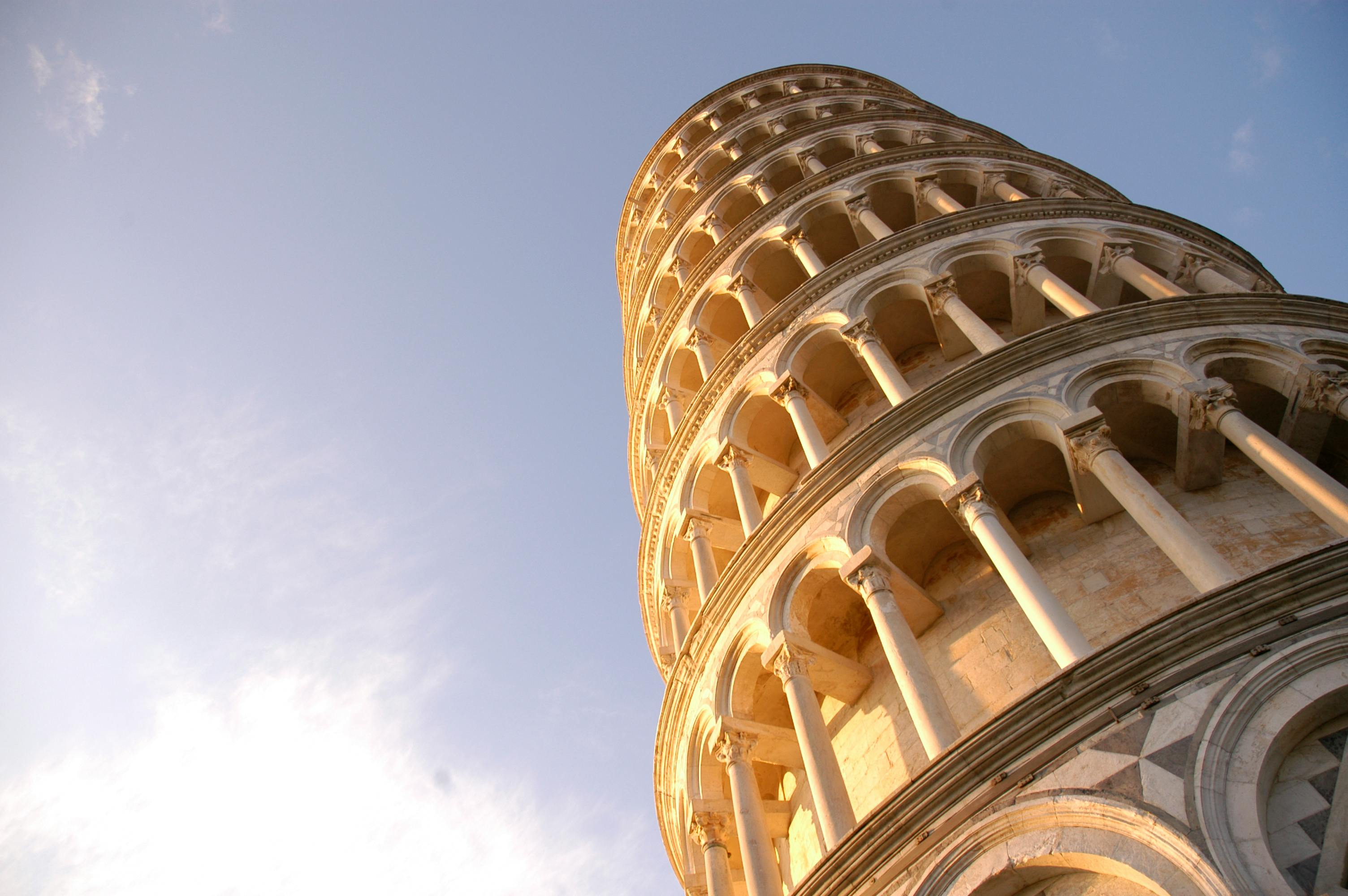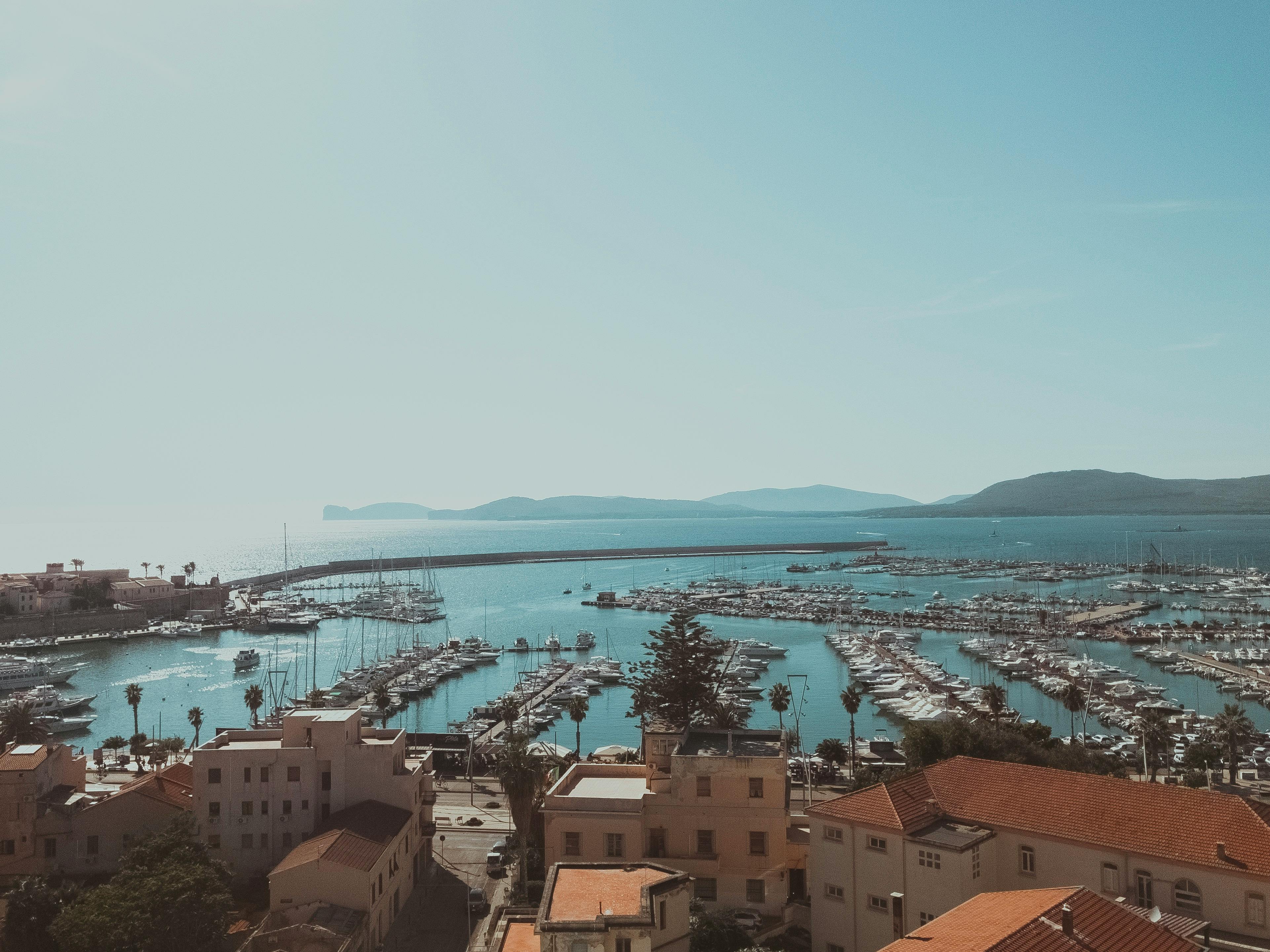The Colosseum is a Roman amphitheatre in the centre of Rome. It's a huge structure, capable of holding over 50,000 spectators at a time.
The Colosseum is one of the largest structures built by the Romans, and it was constructed between 70 and 80 AD on land that had been part of Nero's Golden House. It took over 10 years to complete, and it was opened by Emperor Titus on May 1st 80 AD.
The Colosseum was used for centuries to host events ranging from gladiatorial contests to animal hunts, plays and even naval battles reenacted with real ships. The last known event held there was an earthquake in 847 which damaged some parts of the building so badly they were never repaired.
The Colosseum is an ancient amphitheatre that was once used for gladiatorial fights, public spectacles and animal hunts. It was built in 72 AD by Emperor Vespasian as a gift to the Roman people. The structure is still standing today and is one of the most iconic landmarks in Rome.
The Colosseum was originally called the Flavian Amphitheater after its architects, but it became known as the Colosseum after the Colosso, or Colossus of Nero, which stood nearby. This statue was eventually destroyed by Christians who thought it was sacrilegious because it depicted a pagan god (the sun god Helios). The statue was replaced by a statue of Christ on top of a column that still stands there today.
It's a little hard to believe that the Colosseum, one of the most famous buildings in all of history, was built in the first century AD. It's almost as if it's always been there, like a cornerstone for Western civilization.
The Colosseum is an amazing example of how Roman architecture combined innovation and design to create something truly spectacular. In its day, it was the largest amphitheatre ever built—and if you visited today, you'd still think it was pretty impressive. The outer facade is covered with intricate mosaics and statues, which must have been awe-inspiring when they were new.
But what makes this building so special isn't just its size or appearance—it's what happened inside those walls that turned this building into an icon: gladiator fights! Gladiators would fight each other to the death in front of thousands of spectators (including emperors) who would watch from above or on balconies around the arena floor.
Even though historians know exactly how many people died at the Colosseum during these fights (over 5,000), it's still not clear whether they were voluntary fighters or prisoners of war who were forced into battle against their will. But either way, we have.
If you've ever wanted to experience the Colosseum, Roma, and Italy in one fell swoop, well, your ship has come in.
The Colosseum is one of the most iconic structures in Rome and the whole world, but it's also one of the most difficult to visit because of its popularity. However, if you book a trip with us, you'll get access to the Colosseum without having to wait in line!
We also have other great packages that will let you explore other parts of Rome as well!








